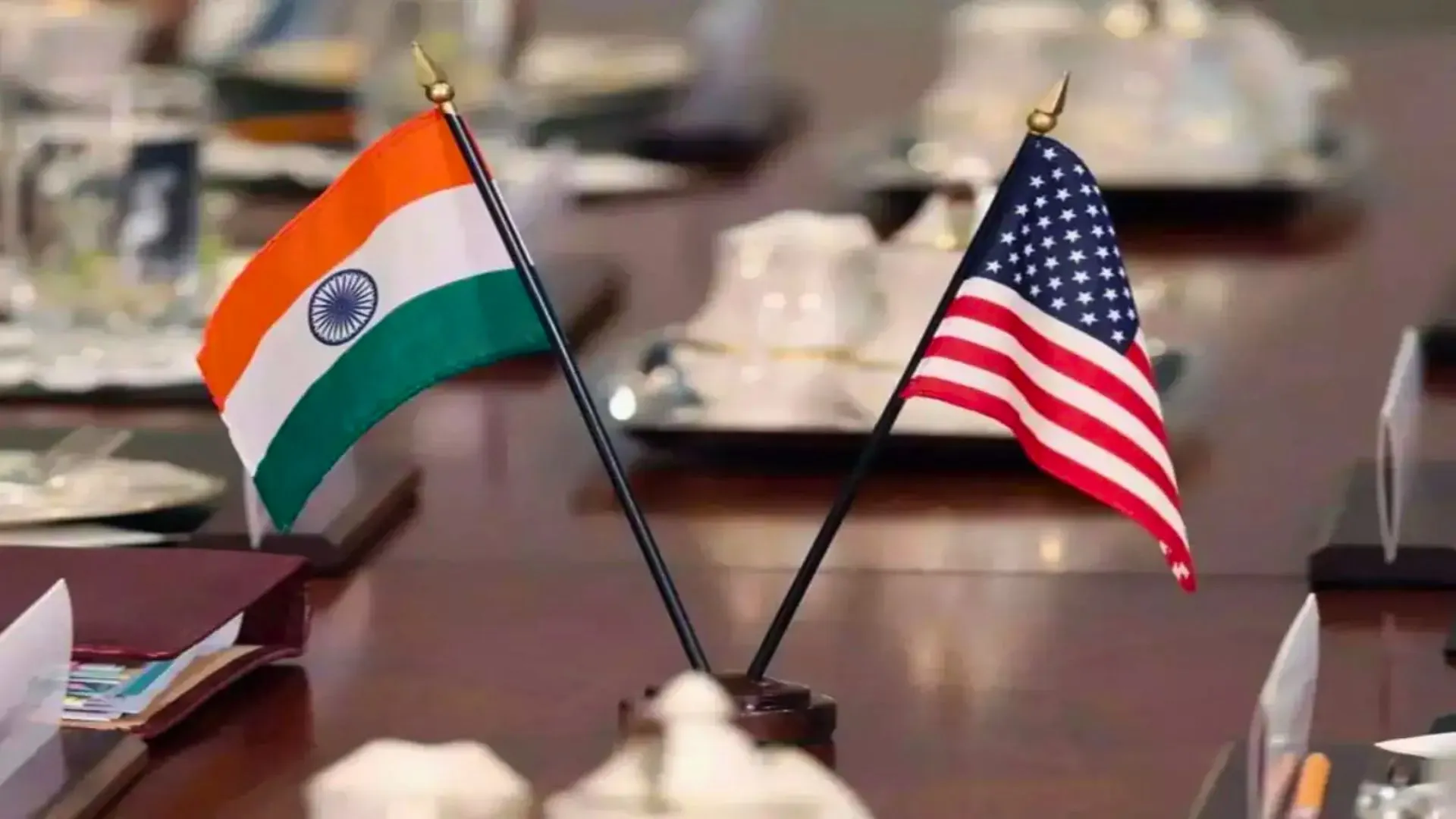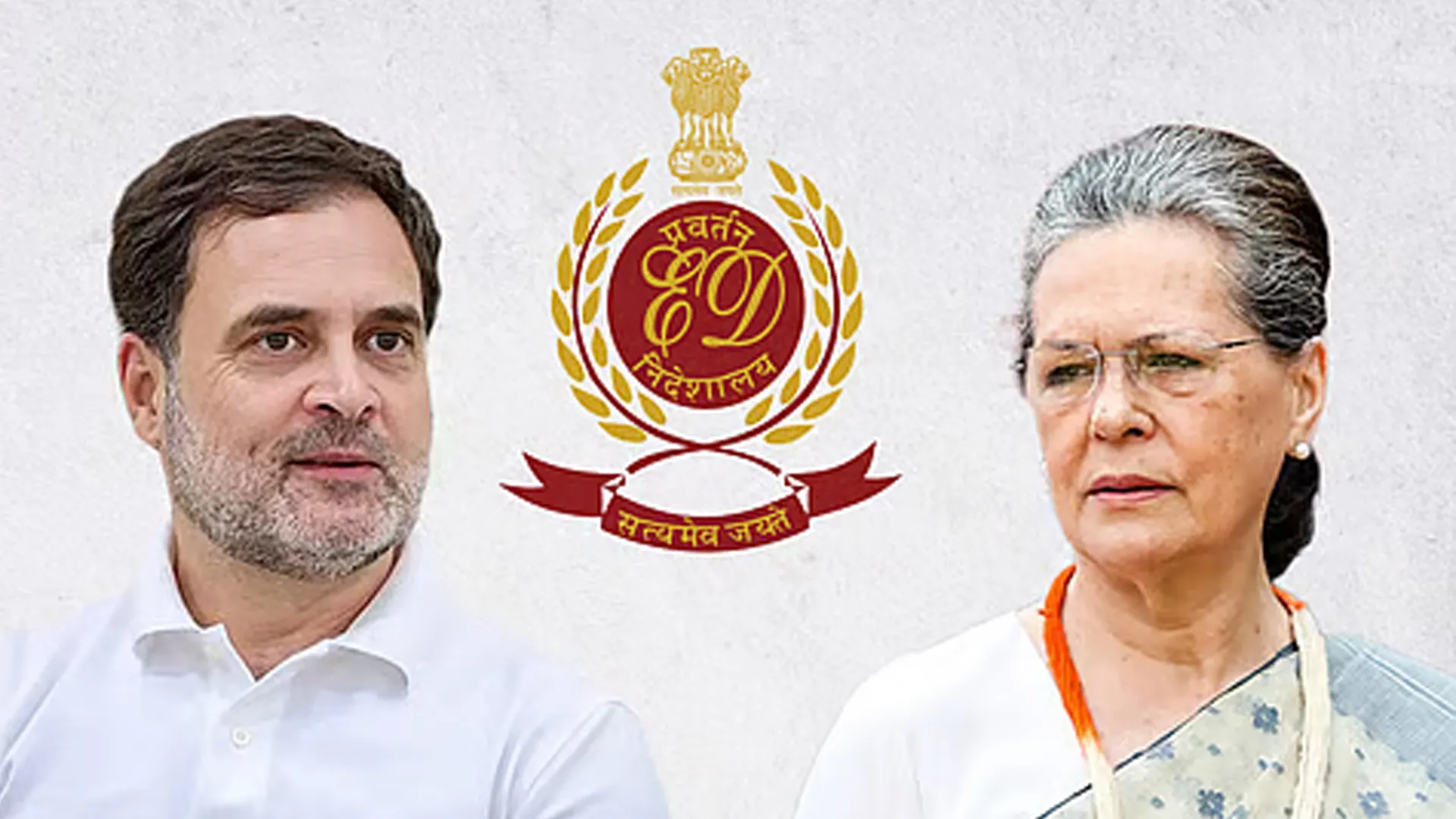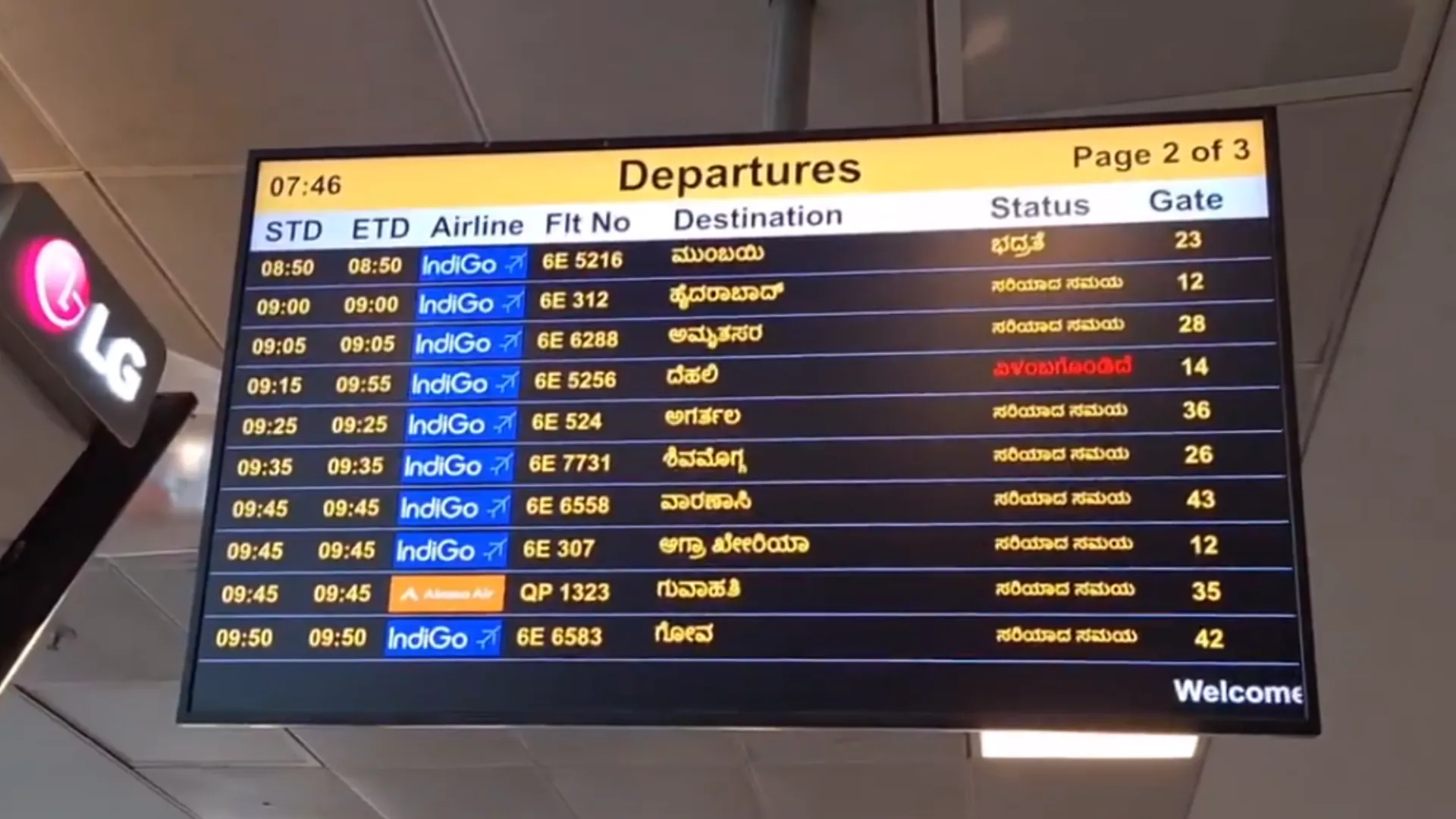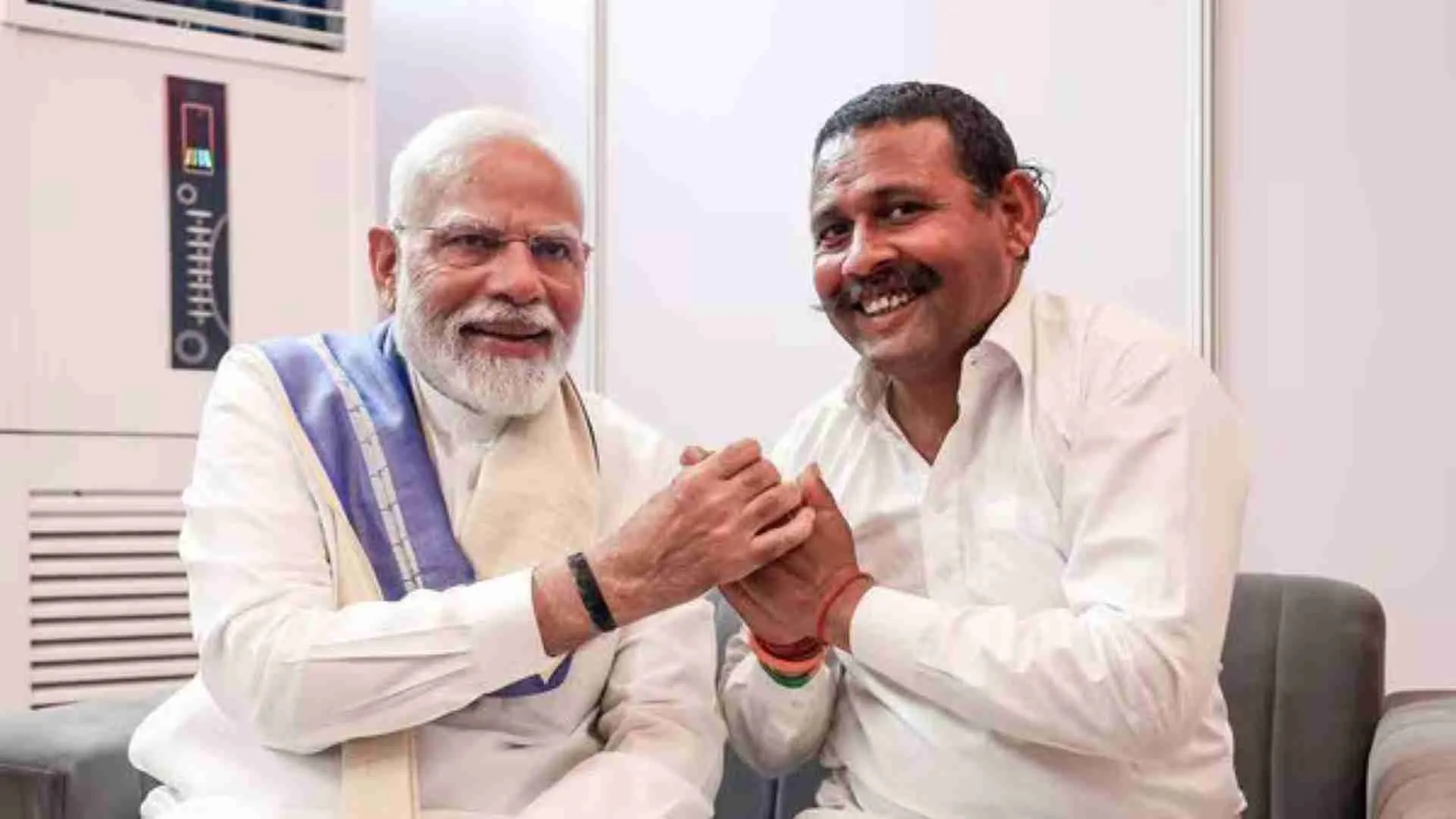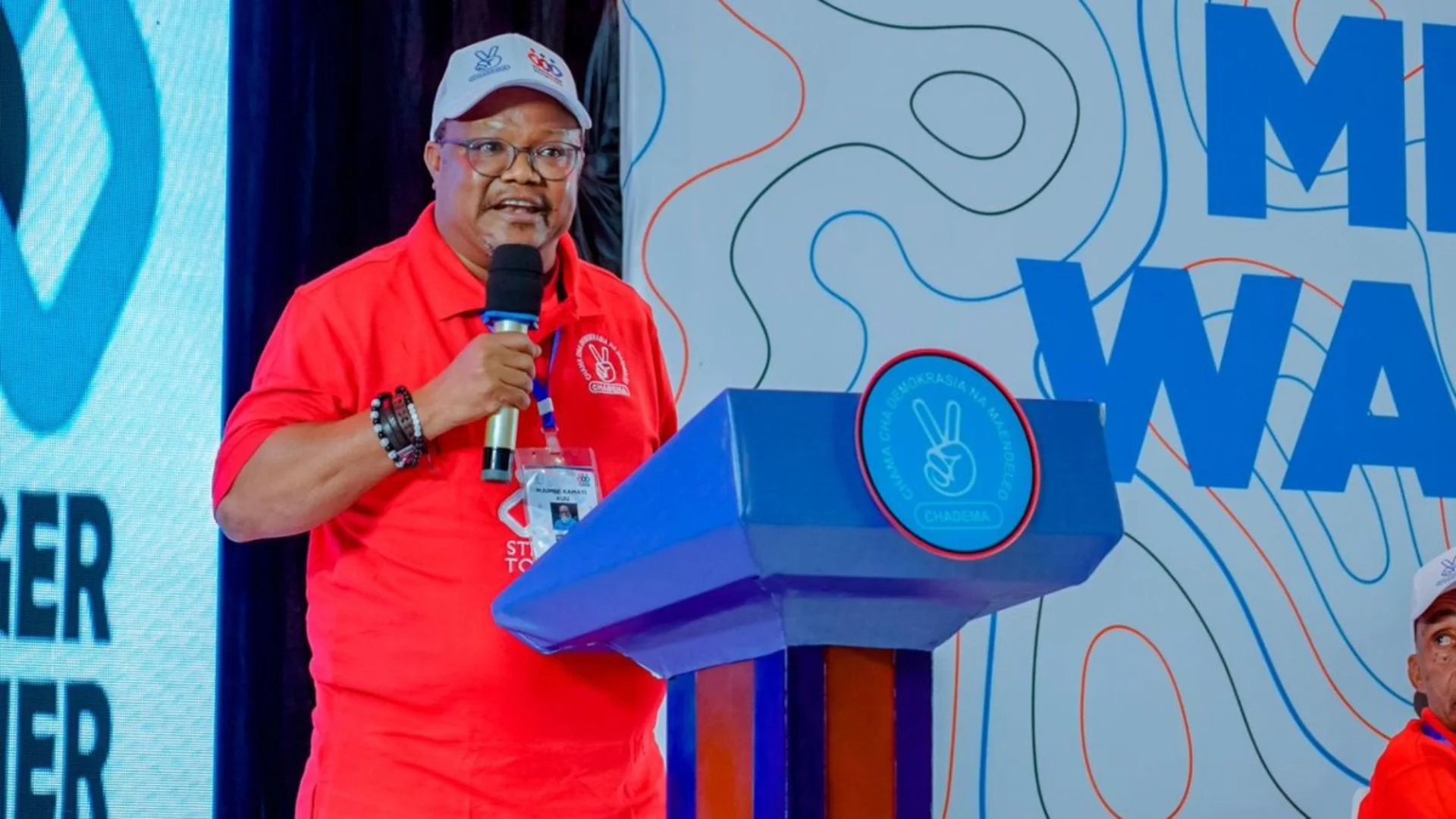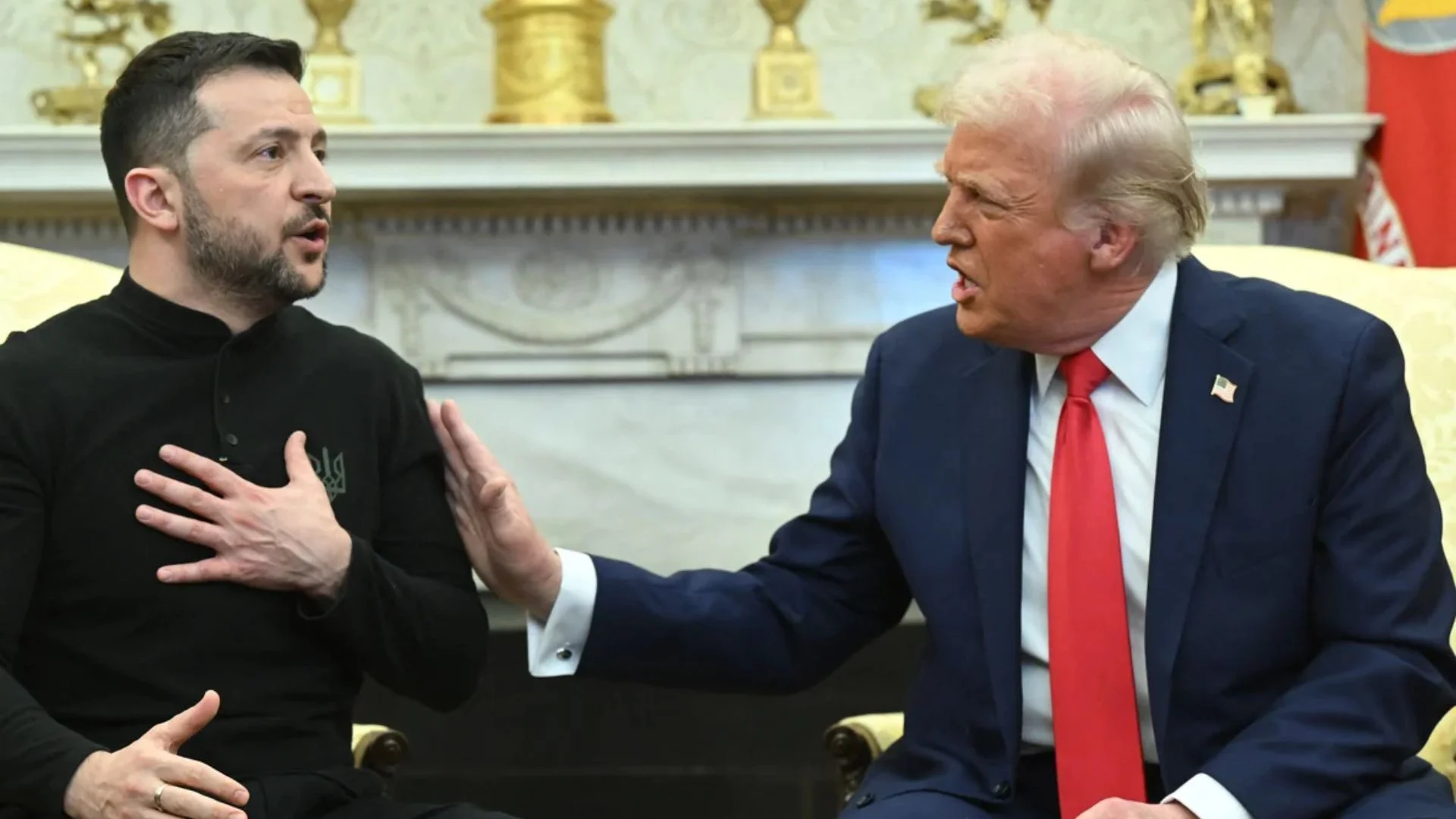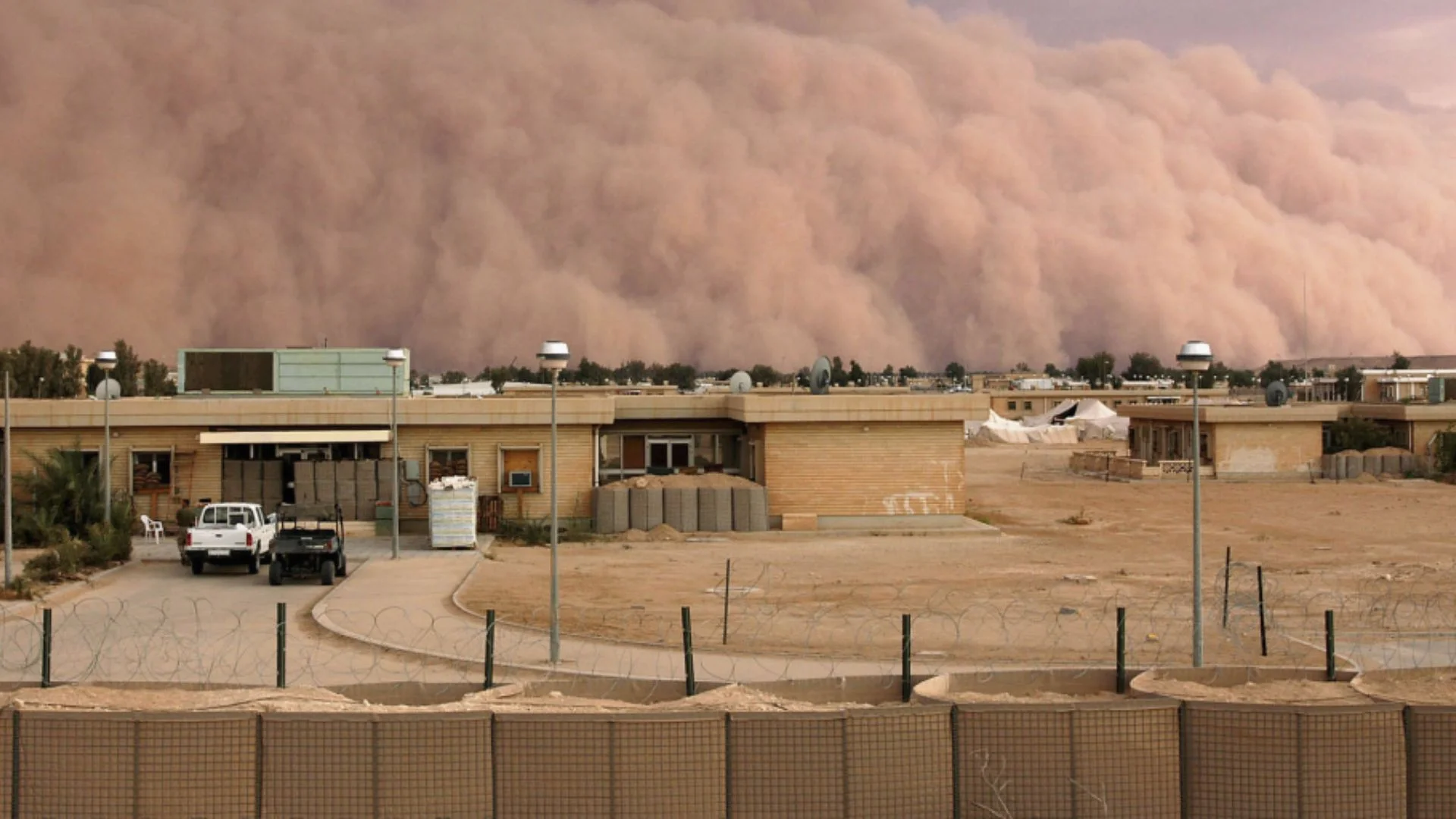In a politically charged environment, the All India Ulema Board has issued a list of 17 demands directed at the Maha Vikas Aghadi (MVA) coalition, intensifying the ongoing debate over communal favoritism. These demands arise as the Bharatiya Janata Party (BJP) accuses Congress of historically prioritizing Muslim interests, allegedly at the expense of other communities. BJP leaders cite examples involving key Congress figures, such as Mahatma Gandhi and Jawaharlal Nehru, whom they claim demonstrated preferential treatment towards Muslims.
The BJP’s criticism also extends to Congress’s position on issues like triple talaq and alimony rights for Muslim women, along with former Prime Minister Manmohan Singh’s assertion that minorities should benefit most from national resources. Adding to the controversy, the BJP claims Congress aims to expand the Waqf Board’s authority, particularly in North Karnataka.
The Ulema Board’s demands include significant financial and political support from Congress, in what some perceive as an implicit exchange for backing. The demands range from Rs. 1000 crore for the Maharashtra Waqf Board to monthly stipends of Rs. 15,000 for imams and muftis, the dismissal of riot charges against Muslim youth in cases from 2012 to 2024, recruitment of Muslim youth into police forces, and representation for Ulema Board members on government committees. More contentiously, the Board calls for a ban on the Rashtriya Swayamsevak Sangh (RSS) and the incarceration of Hindu saint Ramgiri Maharaj, attributing this to RSS’s nationalist activities and alleged anti-conversion efforts.
Public Reaction and Political Implications
The Ulema Board’s demands have sparked extensive discussion on social media, with critics accusing the MVA of pandering to the Ulema Board to gain electoral support. Allegations of a “vote jihad” strategy have resurfaced, particularly after an unverified letter of support purportedly from NCP leader Sharad Pawar circulated, though it was officially denied.
This situation has prompted a broader debate on how political parties balance specific community demands with principles of secularism and equal treatment under the law. Allegations of communal bias and political favoritism are raising questions about the commitment of political parties to India’s democratic and secular values.
In summary, the demands from the All India Ulema Board toward the MVA coalition have sparked a significant political debate, highlighting complex issues around communal identity, secularism, and political favoritism. The MVA’s response will be closely scrutinized, with implications for the coalition’s alignment with principles of secular governance and equality.



